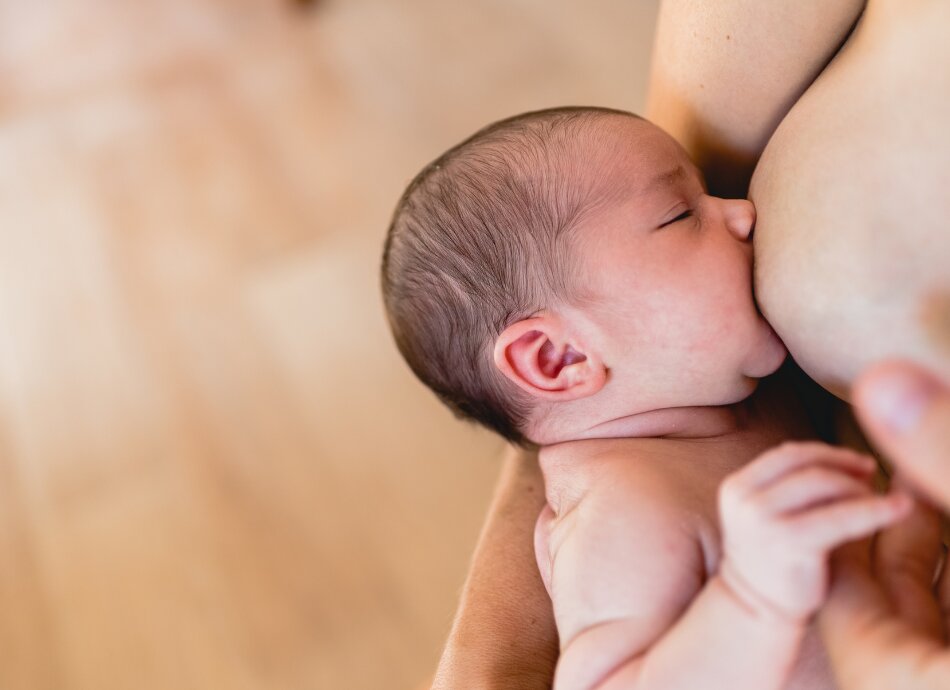| If you do choose to drink it is safest to: |
|---|
|
Regularly drinking large amounts of alcohol while you are breastfeeding could harm your baby. Research suggests that breastfed babies whose mothers drink 1 to 2 standard drinks of alcohol or more per day on a regular basis may have impaired motor development, disturbed sleep and slow weight gain.
Drinking too much alcohol can also affect your ability to care for your baby. If you choose to have a few drinks, make sure that your baby has someone looking after them who is alert to their needs. Never share a bed or sofa with your baby if you have had any alcohol. Doing this increases the risk of sudden unexplained death or accidental smothering.






